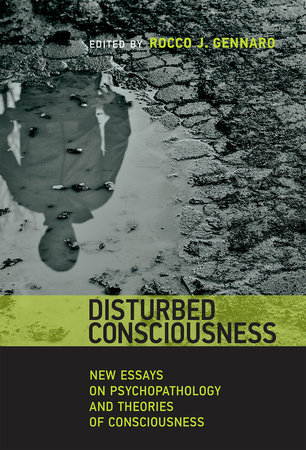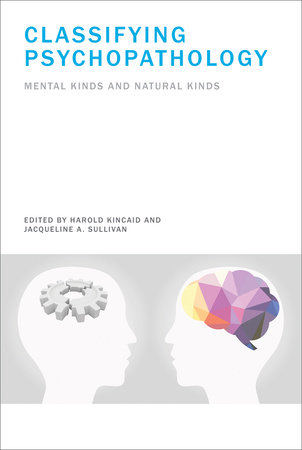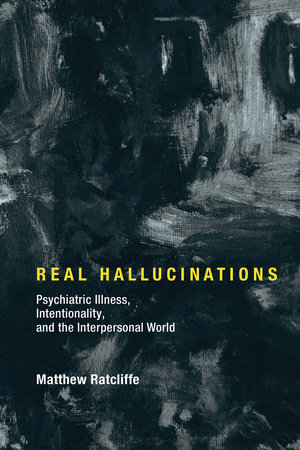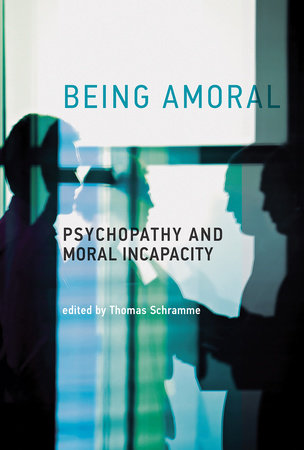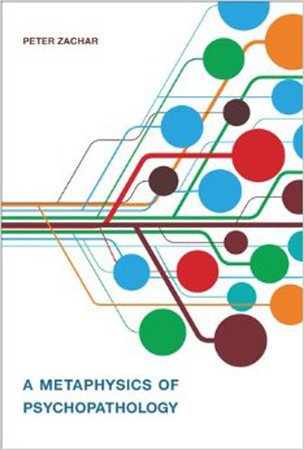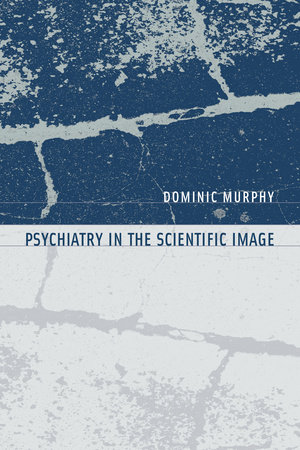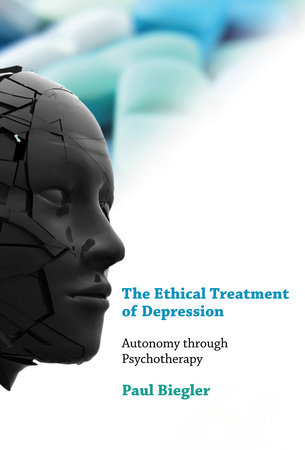
The Ethical Treatment of Depression
Autonomy through Psychotherapy
Paul Biegler
Ebook
May 20, 2011 | ISBN 9780262294492
AmazonApple BooksBarnes & NobleBooks A MillionGoogle Play StoreKobo
About the Book
One in six people worldwide will experience depression over the course of a lifetime. Many who seek relief through the healthcare system are treated with antidepressant medication; in the United States, nearly 170 million prescriptions for antidepressants were written in 2005, resulting in more than $12 billion in sales. And yet despite the dominance of antidepressants in the marketplace and the consulting room, another treatment for depression has proven equally effective: psychotherapy—in particular, cognitive behavior therapy (CBT). Antidepressants can lift mood independent of a person's understanding of symptoms or stressors. By contrast, CBT teaches patients skills for dealing with distressing feelings, negative thoughts, and causal stressors.
In The Ethical Treatment of Depression, Paul Biegler argues that the insights patients gain from the therapeutic process promote autonomy. He shows that depression is a disorder in which autonomy is routinely and extensively undermined and that physicians have a moral obligation to promote the autonomy of depressed patients. He concludes that medical practitioners have an ethical imperative to prescribe psychotherapy—CBT in particular—for depression. To make his case, Biegler draws on a wide philosophical literature relevant to autonomy and the emotions and makes a comprehensive survey of the latest research findings from the psychological sciences.
Forcefully argued, densely researched, and engagingly written, the book issues a challenge to physicians who believe their duty of care to depressed patients is discharged by merely writing prescriptions for antidepressants.



